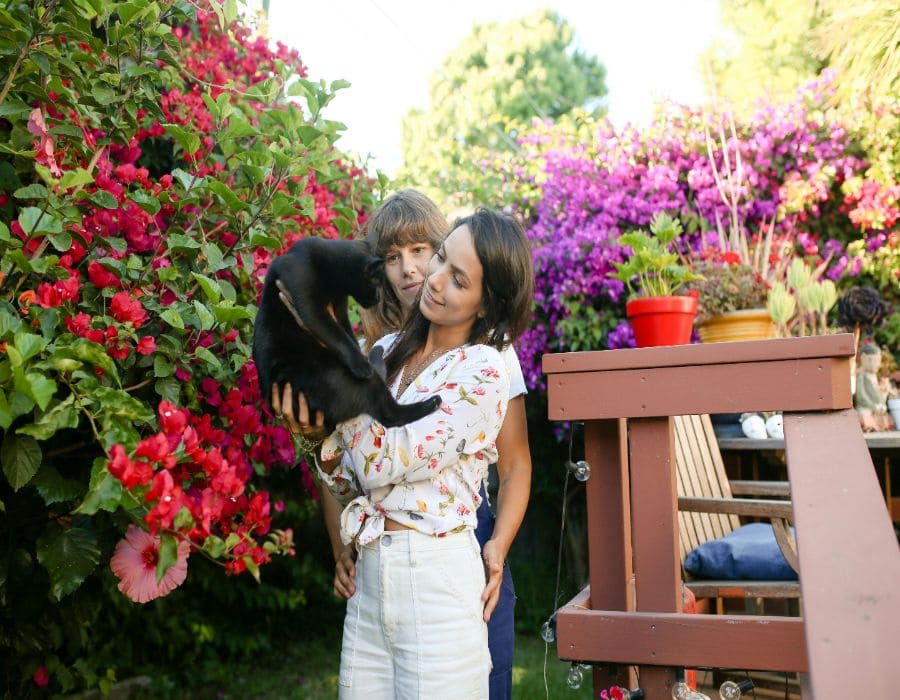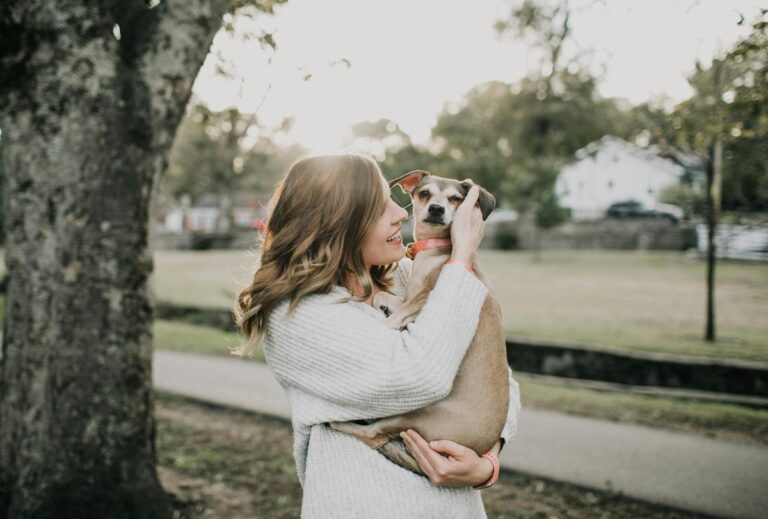9 Big Financial Mistakes Pet Owners Make While Adopting a Cat
Adopting a cat seems simple: bring home fluffball, buy food, love endlessly. But between purrs and playtime, money can sneak out of your wallet faster than your cat dodging a vet visit.
Many new cat parents overlook hidden costs, under-budget for essentials, or splurge on things their cat couldn’t care less about. To help you avoid these feline-financial facepalms, here are common money missteps—served with a side of whiskers and wisdom.
Underestimating startup costs

It’s not just food and a litter box. First-time cat costs add up—vet visits, vaccines, spay/neuter, scratch posts, and carriers. Skimping early can lead to rushed (and expensive) purchases or health issues down the line.
Ignoring the vet fund
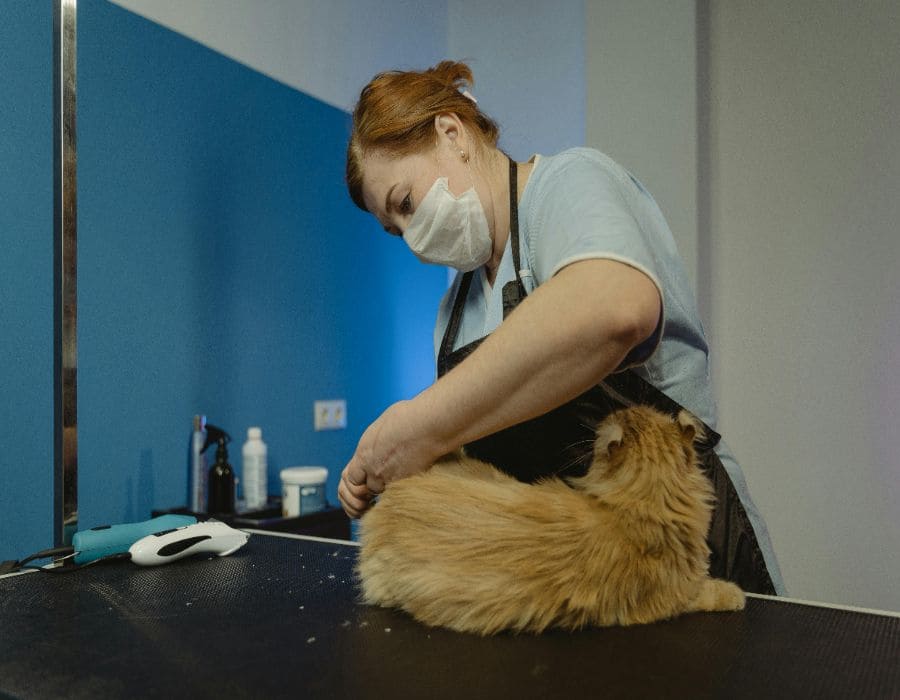
A healthy cat today can still spring a surprise tomorrow. Skipping pet insurance or a vet emergency fund is risky business. One bad hairball incident could leave your bank account coughing too.
Overspending on fancy gear

That $200 luxury cat tower? Your cat might prefer the box it came in. It’s easy to overspend on fancy beds, toys, and feeders when your cat’s top toy is a crumpled receipt.
Choosing cheap food

Budget kibble can save short-term but cost more in vet bills later. Cats need quality nutrition to avoid issues like urinary crystals or obesity. Skimp on flavor, not quality—and your cat’s stomach (and vet) will thank you.
Skipping preventative care
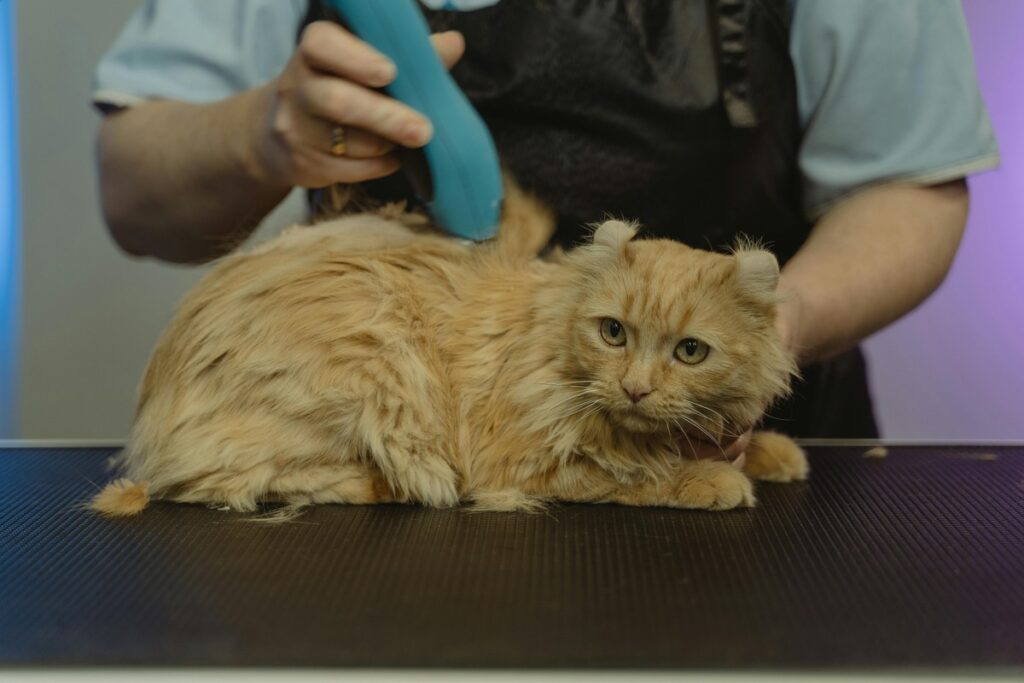
Flea meds, dewormers, and annual checkups aren’t optional. Forgoing them might save cash now, but it can invite bigger (and itchier) problems later. Prevention is cheaper—and less gross—than treatment.
Overlooking pet sitting or boarding costs
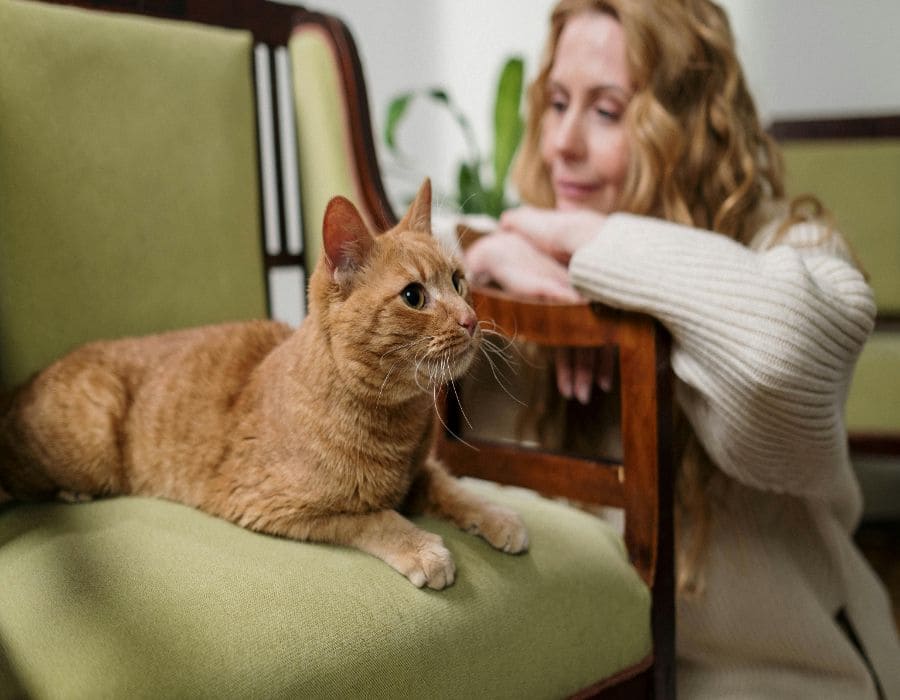
Got travel plans? Your independent kitty still needs care. Many owners forget to factor in pet-sitting or boarding fees, which can sneak up on you like a ninja with a food bowl.
Not budgeting for litter
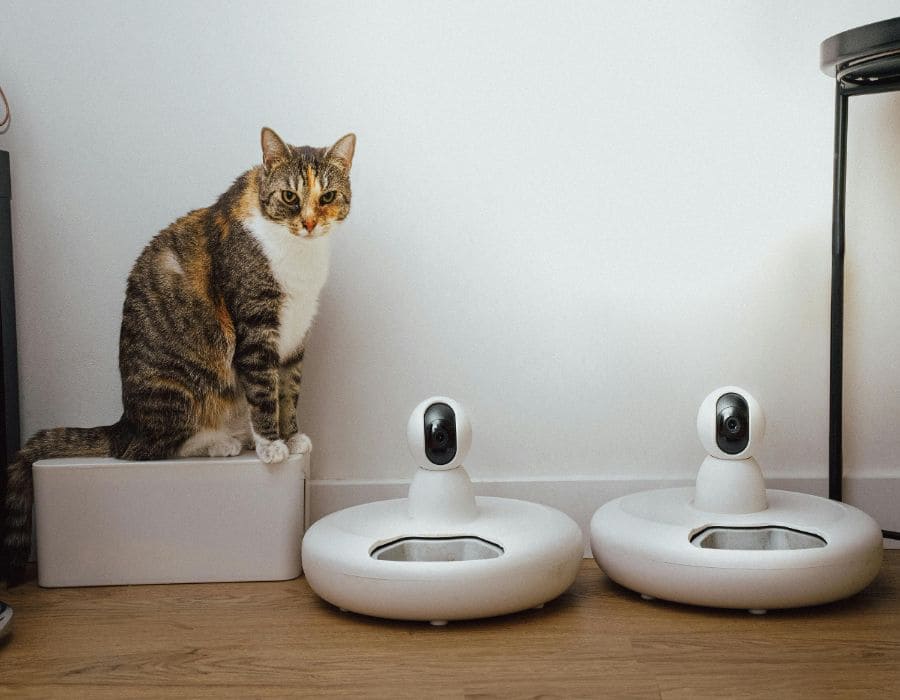
Litter isn’t a one-time buy—it’s a lifelong commitment. And it’s more expensive than you think, especially if you have preferences (or your cat does). Switching types often can also lead to unwanted floor “accidents.”
Adopting without checking lease rules
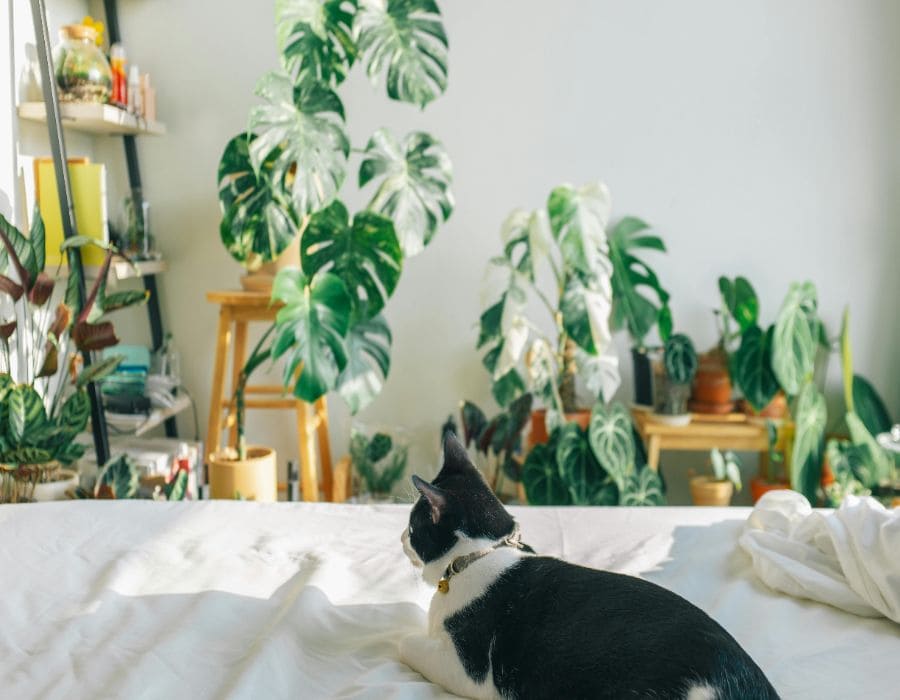
Impulse adopting in a rented apartment? Double-check the pet policy. Pet deposits, monthly fees, or worse—non-refundable fines—can turn your new purring roommate into a lease-breaking disaster.
Forgetting the long-term
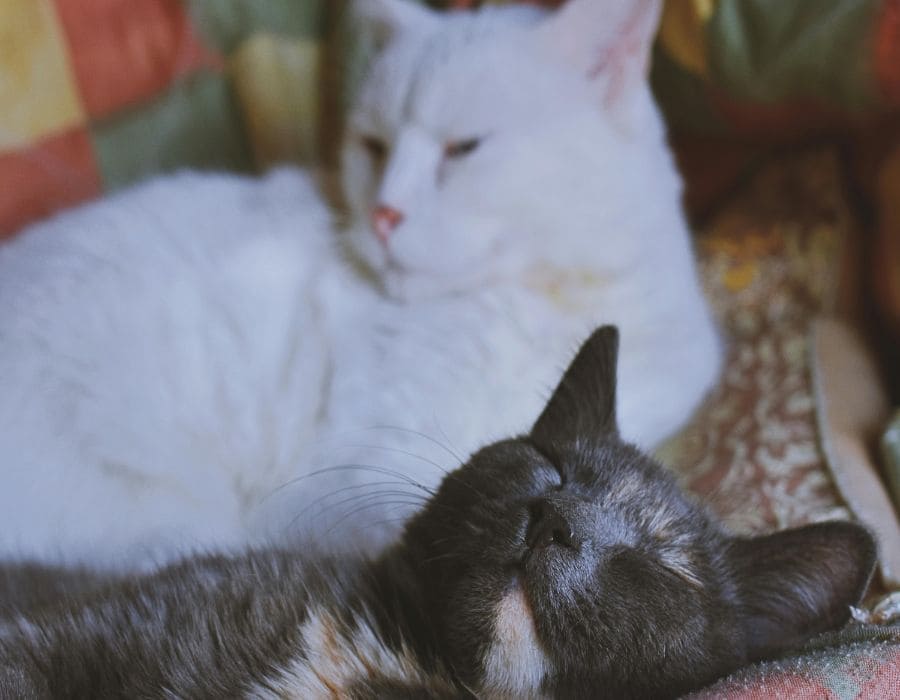
Cats live 12 to 20 years or more. That’s a long time of food, health care, and sofa replacement. Failing to think long-term can leave future-you scrambling to cover costs for a now-senior cat.
Paws, think, budget

Cats are worth every penny, but those pennies add up fast. Planning ahead helps you avoid feline-financial flops and keeps both your budget and your cat purring smoothly. Adopting with eyes (and wallet) wide open is the real cat wisdom.

